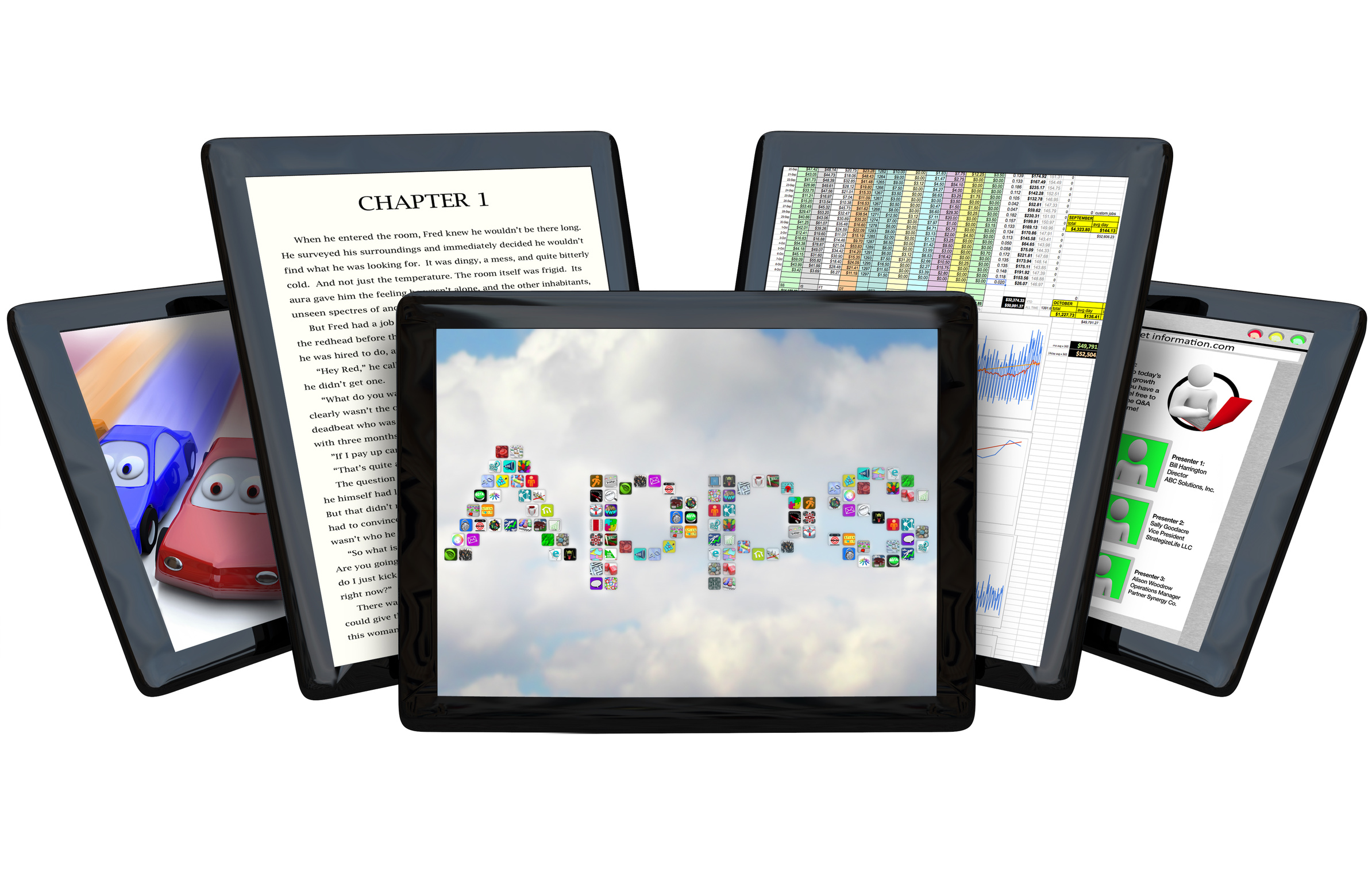Business apps struggle to gain consumer traction
Smartphone users prefer Angry Birds to brands' application downloads.

Only a tiny minority of smartphone applications developed by businesses will reach a significant number of consumers, analysis has suggested.
Fewer than one per cent of apps, developed by healthcare or consumer brands, will reach one million downloads, according to Deloitte, the professional services firm. Only one in five apps were downloaded more than a thousand times.
The data suggest that a large proportion of apps developed by businesses, to reach out to consumers, will fail. Smartphone and tablet users, Deloitte suggested, are increasingly sophisticated consumers of apps, and the competition from rival applications is growing across all app stores.
The challenge faced by businesses aiming to use apps to sell services, or to improve customer loyalty, is illustrated by consumers' growing appetite for high-quality applications, but also by the brands' struggle to attract their attention. A full 45 per cent of smartphone users download an app once a week. But consumers appear to be put off by programs that fail to make use of their smartphones' features.
Deloitte found that the apps that were most successful were those that made full use of a smartphone's portability and other unique features, rather than "ported" PC or web apps.
Applications that used a phone's accelerometer were 77 per cent more likely to be downloaded, and those that used location based services, 61 per cent more likely. Apps that blend information such as location data, and data held in the cloud, are the most successful of all.
"Location data is important for the evolution of the app market," said Howard Davies, a media partner at Deloitte.
Get the ITPro daily newsletter
Sign up today and you will receive a free copy of our Future Focus 2025 report - the leading guidance on AI, cybersecurity and other IT challenges as per 700+ senior executives
"If data gathered locally could be exchanged with data from the cloud, whether about location, environment and motion or specific to that individual, then targeted advertising could be developed and this would help brands to make money from their apps," he said. Deloitte researchers cited Tesco's "Tesco finder" app as an example of a well-designed program.
"An [enterprise] app should provide features that are specific to it (use location data for example), rather than just be a shortcut version of the enterprise's website," said Stphanie Baghdassarian, research director for consumer technologies and markets at Gartner.
"Having the app pre-loaded on the devices through a partnership with either the device vendor or the mobile operator can be an option, although that can be a very hard partnership to close."
Deloitte's research, which was carried out with 31,000 smartphone users, reflects other industry findings. Vodafone, for example, found that participants in its internal tablet trial downloaded on average 39 applications each, with social networking one of the most popular functions.
-
 Bigger salaries, more burnout: Is the CISO role in crisis?
Bigger salaries, more burnout: Is the CISO role in crisis?In-depth CISOs are more stressed than ever before – but why is this and what can be done?
By Kate O'Flaherty Published
-
 Cheap cyber crime kits can be bought on the dark web for less than $25
Cheap cyber crime kits can be bought on the dark web for less than $25News Research from NordVPN shows phishing kits are now widely available on the dark web and via messaging apps like Telegram, and are often selling for less than $25.
By Emma Woollacott Published